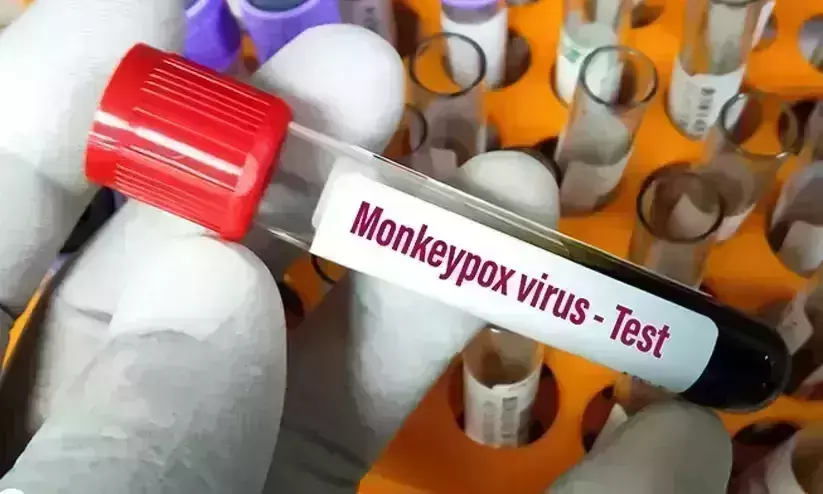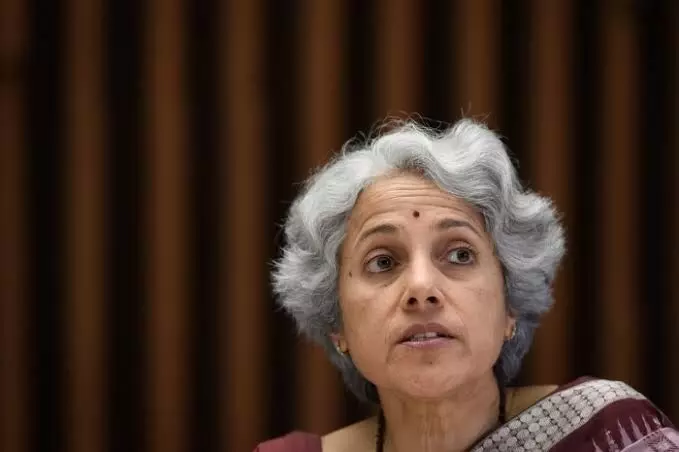
Monkey pox demands extreme caution
text_fieldsThe world is facing yet another health emergency before it has recovered from the ravages of the Covid pandemic. Monkeypox, a viral disease found in humans and some animals, has been reported in 78 countries. Last week, the World Health Organization officially declared a health emergency and issued precautionary measures due to the increased speed of the epidemic. As with Covid, the first case of monkeypox reported in our country was in Kerala. Now, the news that the first death in the country was also a Malayali's has been confirmed.
A young man from Thrissur district, who came from UAE on July 21, succumbed to symptoms the other day. The 22-year-old fell ill at home after playing football with his friends and was shifted to the hospital. As per reports, he was diagnosed with the disease when he was abroad itself. Things will become more clear only when the results of the tests conducted at the Pune Institute of Virology come out. Be that as it may, the state health department has stepped up precautionary measures in the wake of this incident.
The symptoms of monkeypox, besides fever, include lumps/blisters, headache, body aches, muscle pain, sore throat, difficulty in swallowing food etc. To the scientific world Monkeypox is not a new disease; it has been reported in some African countries since the 1970s. The disease was first identified in a few unvaccinated children in the Democratic Republic of the Congo during a smallpox eradication campaign. Later, the disease spread to Nigeria, Ghana and Sierra Leone. Mortality rates as high as ten per cent were recorded at times. However, the researchers have come to the conclusion that monkeypox is not as alarming as smallpox. In 2003, this virus was identified in isolated cases in the United States and later in Europe.
But the Monkeypox virus reported this year is different from all that. The first case was in London in the first week of May and the patient was one who came from Nigeria. After two weeks, the disease spread to European countries like Germany, France and Denmark. In the following week, the presence of the virus was also identified in the American and Asian continents. Already, the World Health Organization estimates that more than 22,000 people have been diagnosed with the disease: it is a bit worrying that when ten people have surrendered to death, and one of them is from Kerala.
The first case in the country was reported in Kerala on July 14. Since that moment, Kerala has taken various precautionary measures. The state Health Department, with the advantage of lessons from Covid and Nipah, handled matters with utmost care from the very beginning. With help desks set up at all four airports, a system has been put in place to monitor those arriving from abroad. Isolation systems were also introduced in the districts. Another step was the systematization of tests to confirm the disease within the state. When the first case came, the patient's swab was collected and sent to the Institute of Virology in Pune. Since continuing this method would cause delay in the diagnosis and treatment of the disease, the virology lab in Alappuzha was equipped for the same test. Because of this, it was possible to speed up the testing of the swab of those who were in contact with the patient. Now, 28 government labs are also equipped for RTPCR testing.
Of course, these preventive measures are commendable. Currently, anyone with symptoms can quickly get a diagnostic test. But that alone won't suffice; People also have an obligation to approach these systems with great caution. Only then will disease prevention be possible in its full sense. As with Covid, there is no fixed treatment regime for monkeypox. At present, the treatments are done by arresting symptoms. It was successful in places including in Kerala. Researchers are also contemplating the use of vaccine to eradicate the virus. They have study results in front of them which show that the smallpox vaccine is helpful in preventing infection and reducing the severity of the disease. Perhaps, as a primary defence, defensive measures might be taken in that direction in the coming days.
On the other hand, studies of the genome of the virus have been making matters more complicated. The virus confirmed in Kerala and some other places is found to be different from the one found in Europe. Some researchers in the country are raising the question whether the virus was already present in India before it was confirmed in London. The person who was confirmed to have monkeypox in Delhi had not travelled abroad. How he contracted the disease is also a mystery. All these intricacies needed to be answered to overcome the new health emergency. Until then, the only way forward is to follow the safety instructions of the scientific world and the government with extreme caution.











